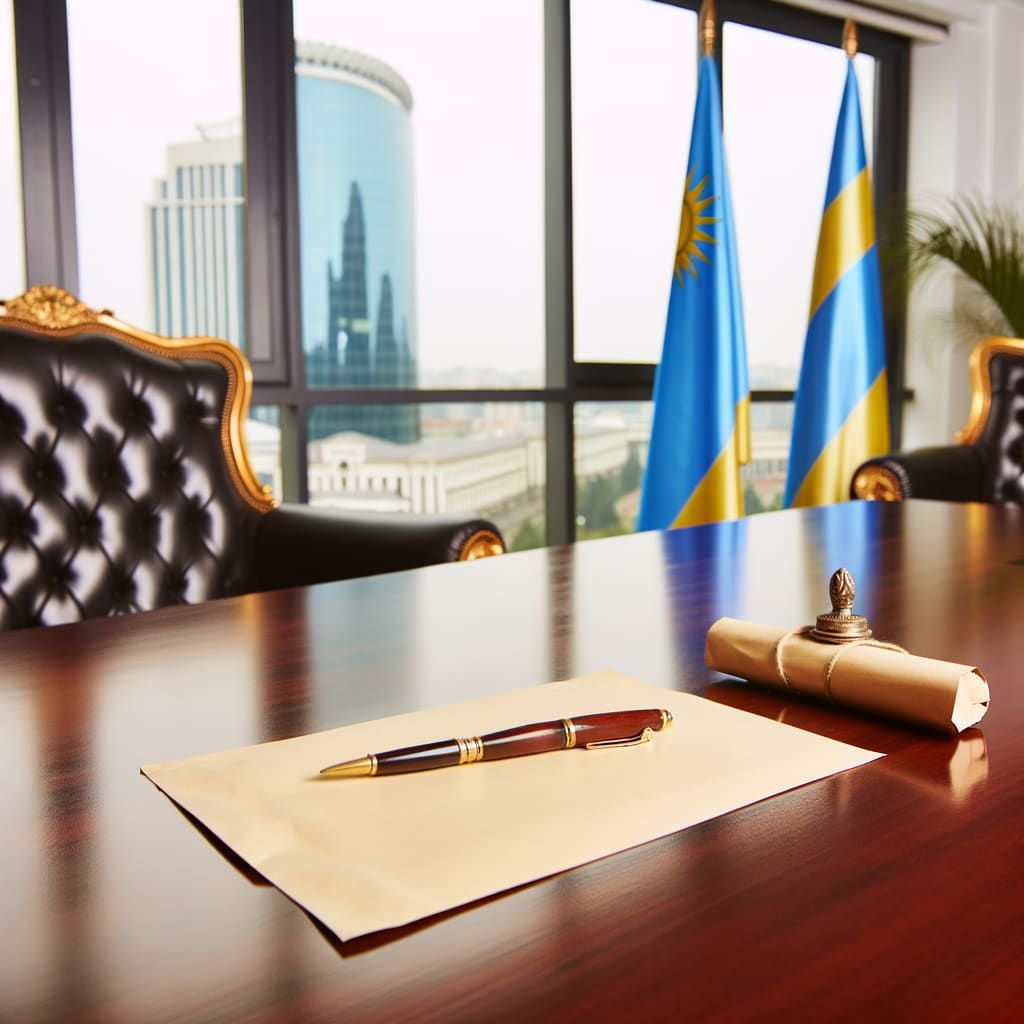DRC and Rwanda Sign Historic Peace Agreement in Washington
In a significant development, the Democratic Republic of Congo (DRC) and Rwanda have signed a peace treaty on June 27th in Washington, ending a three-decade-long conflict that has ravaged the eastern part of the DRC. The treaty, brokered by the United States administration under President Donald Trump, has drawn international attention, while also raising questions about its implications and terms.
Background and Context
The war in the eastern DRC has led to the loss of thousands of lives and has been a source of instability in the region. The peace agreement between Rwanda and the DRC comes as a result of diplomatic efforts by the United States, as it aims to reassert its global role as a mediator.
President Trump touted his role in bringing the two nations together, stating in a post, This is a Great Day for Africa and, quite frankly, a Great Day for the World!
However, he also publicly expressed his discontentment about not receiving a Nobel peace prize for these efforts.
Key Developments
The peace treaty was signed in a ceremony at the State Department, attended by the U.S. Secretary of State, Marco Rubio, and his counterparts from Rwanda and the DRC. This is an important moment after thirty years of war,
Rubio pronounced. Still, he cautioned, there is still much to be done.
The agreement includes provisions regarding respect for territorial integrity
in the eastern part of the DRC, particularly after the offensive conducted by the armed group AFC-M23.
Implications and Reactions
While the signing of the treaty marks a critical milestone in the history of the two countries, it also leaves many unanswered questions, drawing scrutiny from international observers. The vagueness of the agreement in terms of its execution and impact on the region has been a matter of concern.
Despite the skepticism, the signing of the peace agreement has been hailed as a significant step towards peace in the region. The treaty is expected to bring an end to the hostilities and contribute to the stability of the eastern DRC.
Conclusion
The peace treaty between the DRC and Rwanda is a major step towards resolving one of Africa's longest-running conflicts. However, the actual impact of the agreement will largely depend on its enforcement and the commitment of both parties to uphold its terms. As the world watches, the two nations embark on a new journey towards peace and reconciliation, under the scrutiny and expectations of the global community.

